Introduction
In a major political shakeup, President William Ruto has dismissed Public Service Cabinet Secretary (CS) Justin Muturi, citing incompetence and policy differences. The decision was announced during an Iftar dinner at State House, where the President also addressed matters related to Muslim endowment funds (Waqf). The move has ignited discussions on the underlying reasons for the reshuffle and its impact on governance in Kenya.
Why Was Justin Muturi Dismissed?
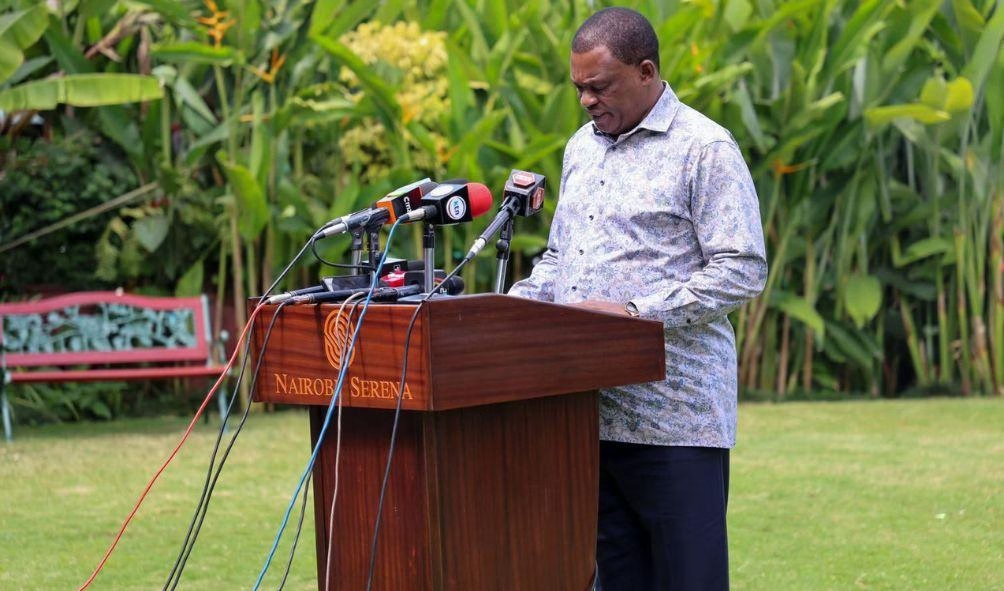
During his speech, President Ruto criticized Muturi’s performance, stating that his tenure as Attorney General was marked by inefficiency. He further emphasized that the new leadership under Attorney General Justin Muturi’s successor would better handle sensitive issues, including the management of Waqf funds.
Muturi, however, refuted the claims via social media, arguing that the Constitution of Kenya, 2010, does not provide for public expenditure on Waqf funding. This disagreement highlights broader constitutional interpretations and policy conflicts within the government.
Key Changes in the Cabinet Reshuffle
The reshuffle introduced several significant appointments and transfers:
- Geoffrey Ruku, the Mbeere North MP, was nominated to replace Muturi as the new Public Service CS.
- Aden Duale, who previously served as the Defense CS, was transferred to the Health Ministry.
- Dr. Deborah Barasa, the former Health CS, was reassigned to the Environment, Climate Change, and Forestry Ministry.
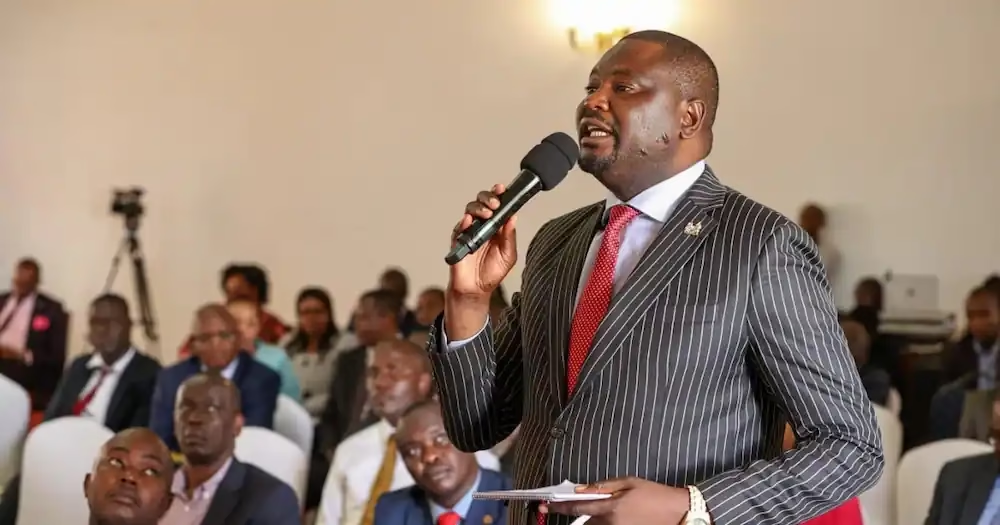
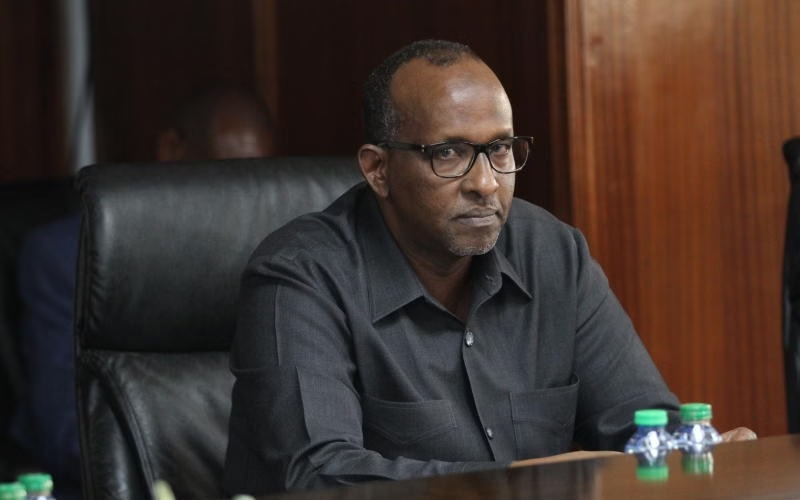

These changes reflect President Ruto’s strategy of repositioning his cabinet to align with his governance agenda.
The Underlying Tensions: Forced Disappearances and Security Issues
Muturi’s removal also coincides with long-standing tensions between him and the President, particularly regarding the issue of forced disappearances and abductions. The former Attorney General was vocal about the need for transparency in handling security concerns and had pushed for an official commission of inquiry under Article 248 of the Constitution.
His criticism of security agencies, including accusations that the National Intelligence Service (NIS) was involved in abductions, reportedly placed him at odds with influential figures within the administration. Political observers suggest that his removal may be linked to these unresolved disputes.
Political Implications of the Dismissal
Muturi’s dismissal has sparked speculation about internal power struggles within the Ruto administration. Having once been a close ally of former President Uhuru Kenyatta, Muturi’s shift to supporting Ruto in the 2022 elections was seen as a strategic move. However, his removal signals a possible shift in political alliances and a recalibration of Ruto’s cabinet ahead of key policy implementations.
Moreover, President Ruto has a history of firing and later redeploying cabinet secretaries. Analysts suggest that Muturi could be reassigned to another role in the future, as seen in previous government reshuffles following the 2024 Gen Z-led protests.
Conclusion: What’s Next for Kenya’s Cabinet?
The dismissal of Justin Muturi and the broader cabinet reshuffle highlight the fluid nature of political leadership in Kenya. As stakeholders react to these changes, questions arise about governance stability, policy direction, and the balance of power within the administration.
What are your thoughts on the latest cabinet reshuffle? Do you believe these changes will improve governance, or are they driven by political maneuvering? Share your views in the comments, like this post, and don’t forget to share it with your network!


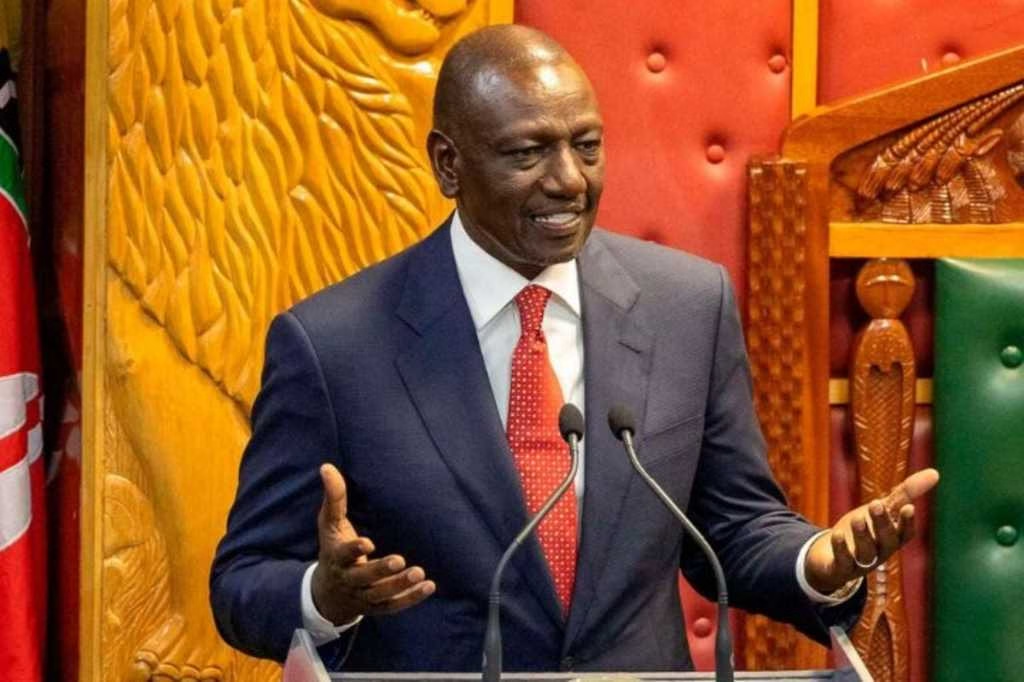





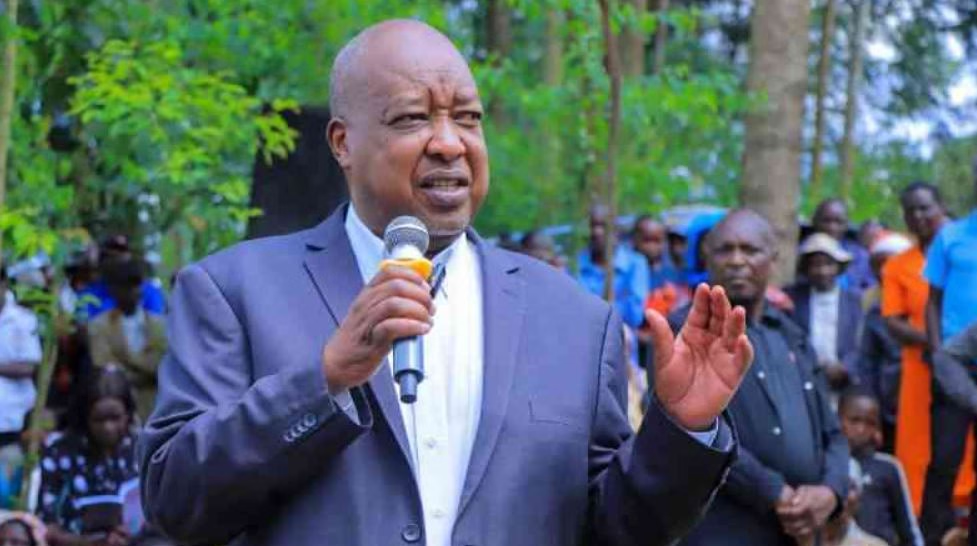

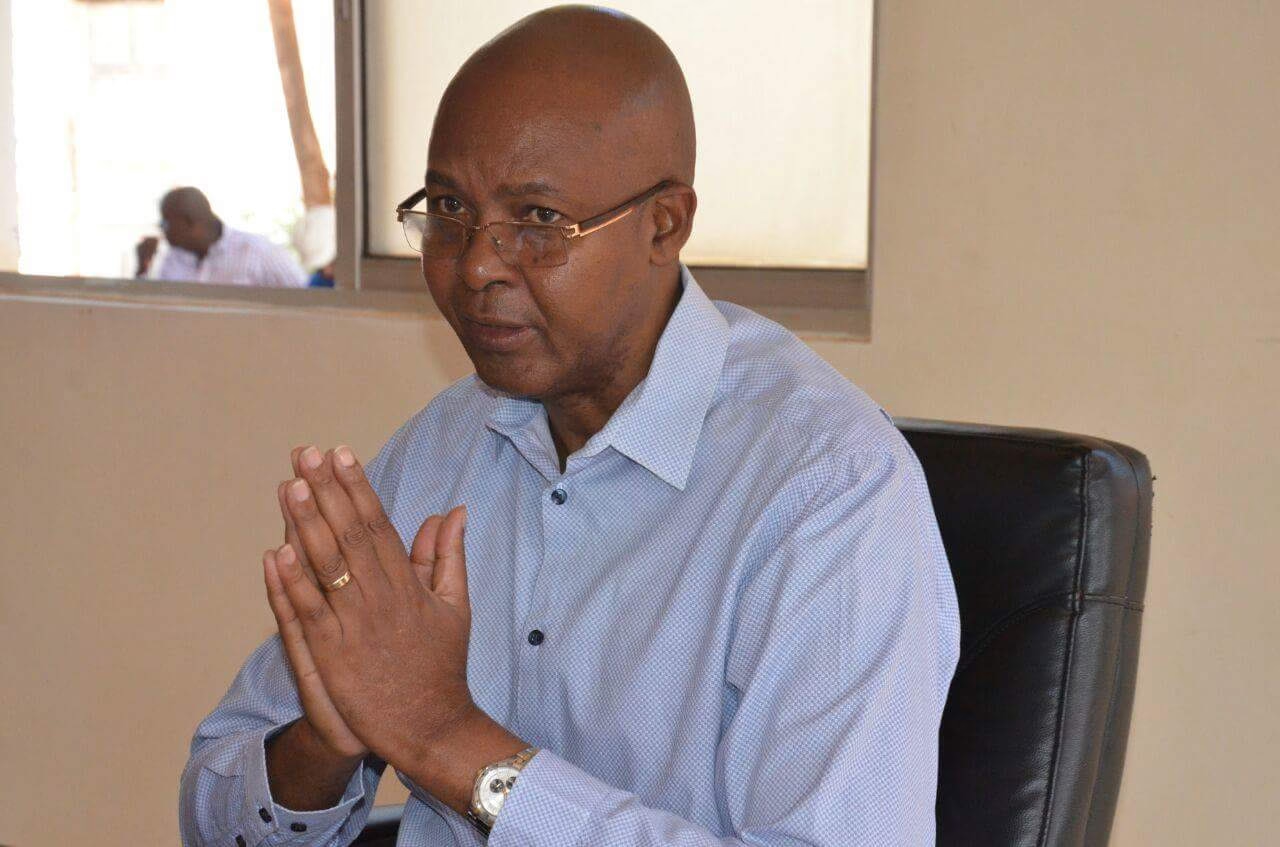


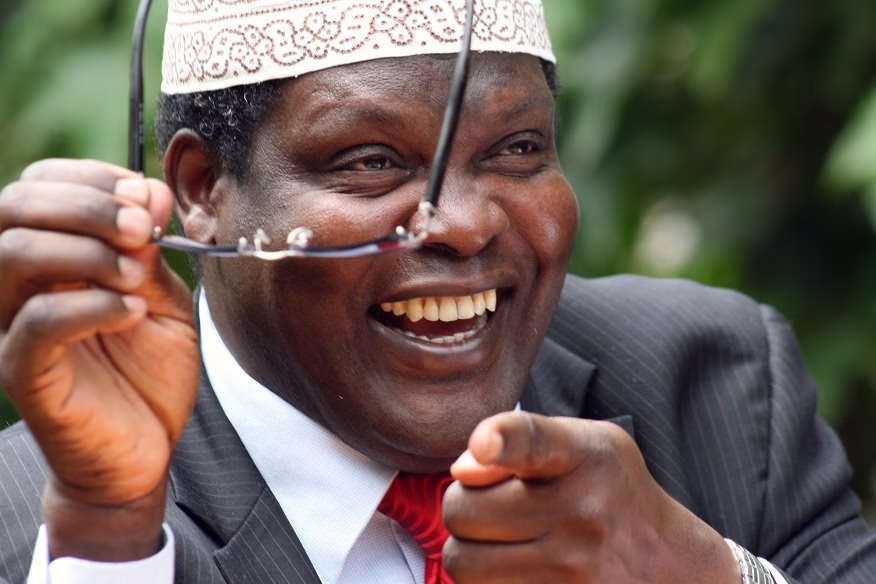


Leave a Reply